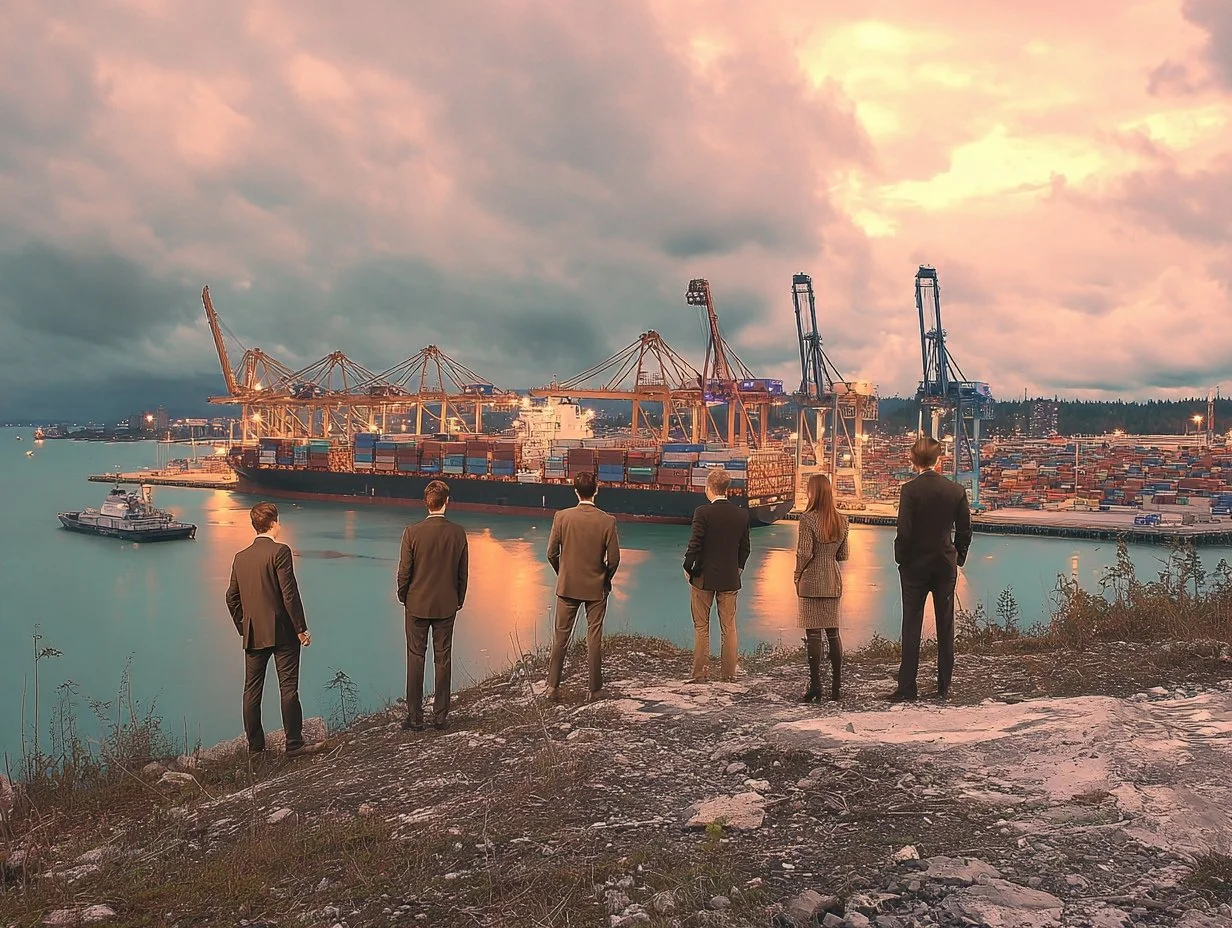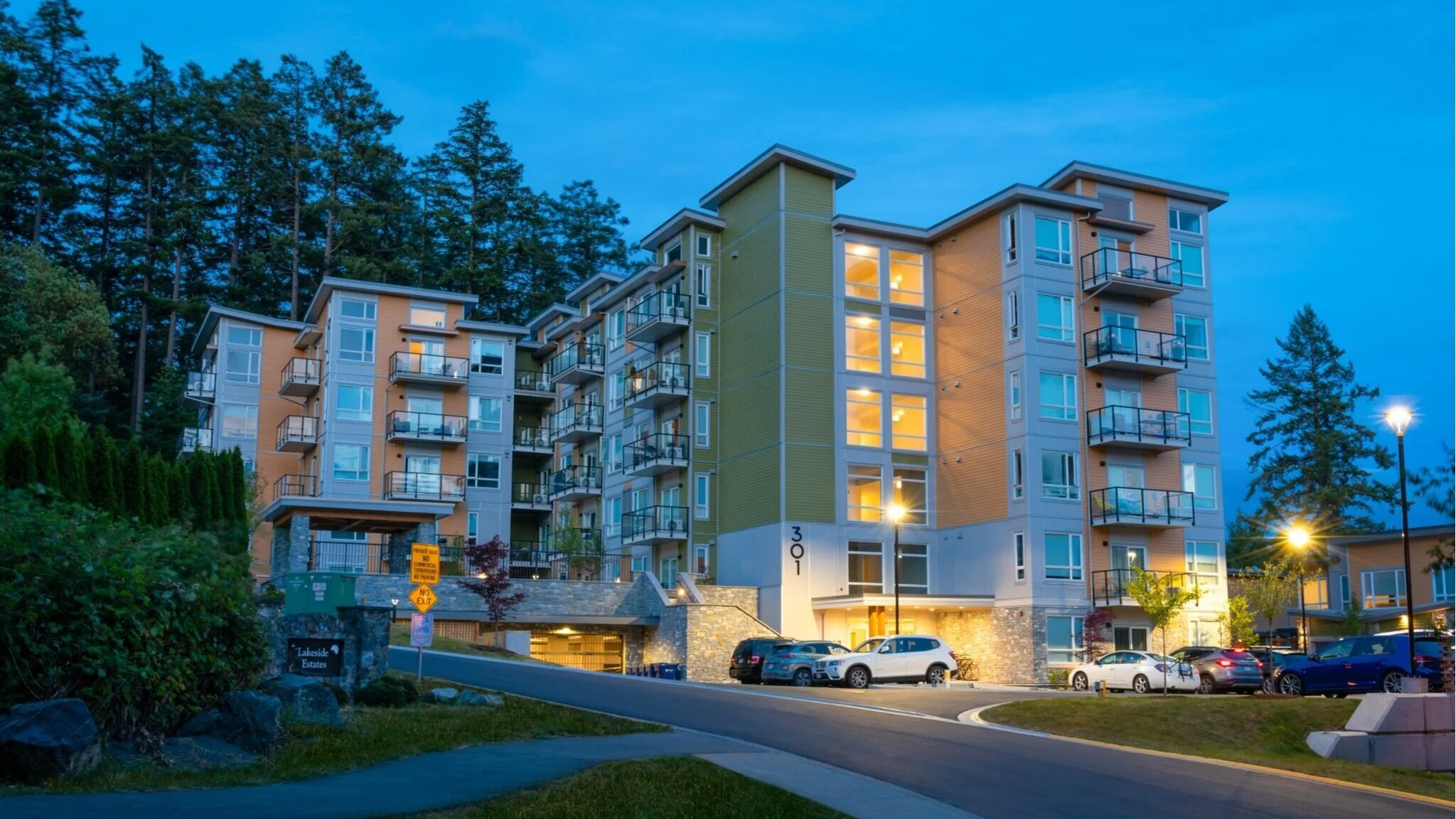navigating the storm: how U.S. tariffs impact vancouver real estate and construction
In early 2025, the U.S. tariffs on construction materials sent a ripple of uncertainty through Vancouver’s already complex real estate market. For developers, investors, and landowners alike, understanding the full implications of these tariffs isn’t just important—it’s essential to protect project viability, investment returns, and property valuations.
This report distills the most pressing impacts of the new U.S. tariffs. Drawing on authoritative sources and comprehensive market data, it outlines precisely how tariffs affect construction costs, market dynamics, investor feasibility, and ultimately, land values across the Vancouver region.
immediate impacts ripple across the market
When tariffs were introduced, the Canadian construction and real estate industries immediately felt the pressure. According to the Canadian Home Builders’ Association (CHBA, 2025), construction material costs surged rapidly, adding significant expense to projects already underway. Early industry reports suggested material cost increases of 5-15%, particularly in steel, lumber, aluminum, and HVAC equipment (NAHB, 2025).
These swift increases don’t just affect builders—they disrupt feasibility models for investors and significantly impact land valuations.
construction costs rise, projects delayed
In March, Canadian developers reported construction cost increases averaging around 12% directly tied to tariffed U.S. materials (Altus Group, 2025). More critically, projects in early stages faced serious delays as developers scrambled to re-source materials, renegotiate financing, and recalibrate budgets.
According to a recent Reuters (2025) survey of North American builders, approximately one-third of active residential construction projects experienced delays exceeding 60 days. These unexpected timeline shifts can drastically alter project profitability, financing structures, and investor expectations.
affordability pressures increase for vancouver housing
The tariffs exacerbate Vancouver’s already severe affordability challenge. With increased construction costs, builders naturally pass some of these costs onto homebuyers. Global News (2025) reported that residential construction costs in Vancouver could rise by as much as $50–$75 per square foot, pushing many entry-level and mid-market buyers out of contention entirely.
This dynamic not only disrupts new home sales but also reshapes demand for existing housing stock—potentially accelerating price appreciation in the resale market.
investors rethink feasibility amid uncertainty
Investors in multifamily developments and land assemblies rely heavily on accurate feasibility projections. With material cost volatility, traditional financial models are disrupted, risking significant miscalculations and diminished returns.
In early 2025, Vancouver developers reported a noticeable increase in investment hesitancy, particularly from institutional and overseas investors. Some investors have opted to postpone or reconsider projects until cost structures stabilize (Altus Group, 2025). For projects already under contract, developers are facing tough conversations about financial restructuring and contingency management.
landowners face downward pressure on valuations
Landowners, too, must recognize that tariffs indirectly influence their property’s value. Higher construction costs reduce the price developers can afford to pay for land while still ensuring profitable project economics.
Altus Group (2025) reports suggest that, without careful market recalibration, some Vancouver landowners risk overestimating property values by 10–20%, potentially leading to stalled sales, lost opportunities, and delayed land assemblies.
key strategies to minimize tariff risks
While the tariff impacts are daunting, proactive strategies can mitigate risks:
Reassess Project Budgets: Factor updated material and labour costs into your feasibility studies immediately.
Diversify Supply Chains: Begin exploring alternate sourcing for critical materials to reduce reliance on tariffed U.S. imports.
Strengthen Contingencies: Update financing and investment strategies to include greater flexibility and stronger risk buffers.
Review Valuations: Landowners should proactively review and recalibrate property valuations, incorporating updated development costs and realistic exit scenarios.
Engaging a specialized real estate advisor who deeply understands tariff impacts on Vancouver’s unique market conditions can position your project or property more resiliently.
take action now with specialized guidance
In a market disrupted by tariffs, inaction carries the greatest risk. If you own land, invest in projects, or actively build in Vancouver, specialized advice is no longer a luxury—it’s essential.
Let’s discuss how tariffs specifically impact your acquisition and disposition activities. With strategic insights, thorough market data, and specialized expertise, you can confidently navigate uncertainty and protect your interests.
-
Altus Group. (2025). Impact of U.S. Tariffs on Canadian Construction Costs: Early Insights and Developer Reactions. Toronto, ON. Retrieved from https://www.altusgroup.com
Canadian Home Builders’ Association [CHBA]. (2025). Material Costs Surge as Tariffs Hit Home. Ottawa, ON. Retrieved from https://www.chba.ca
Global News. (2025, March 10). Vancouver Housing Costs Spike Amid Tariffs. Retrieved from https://globalnews.ca
National Association of Home Builders [NAHB]. (2025). 2025 Tariff Impacts Report: Construction Materials Pricing and Availability. Washington, DC. Retrieved from https://www.nahb.org
Reuters. (2025, March 8). North American Developers Struggle as U.S. Tariffs Delay Projects. Retrieved from https://www.reuters.com















